
Brain Awareness Week 2024
11-15 March 2024 | Free resources from leading experts
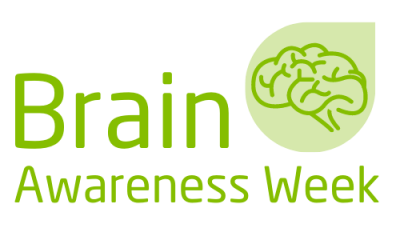
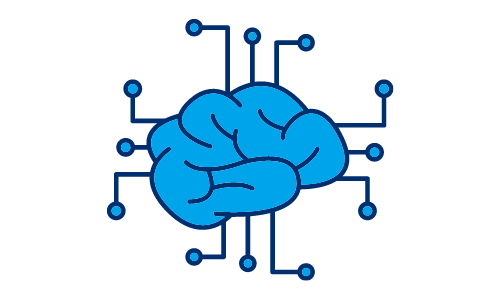
Brain Awareness Week 2024 will feature live webinars, brain health resources, articles & patient stories. We hope you are excited to learn about the brain – you can view the full schedule below.
The Brain Awareness Week 2024 resources will cover some of the most common brain diseases, disorders & injuries in Australia.
Experts will explain these conditions & discuss the latest research (don’t worry, they’ll go easy on the scientific jargon!). See below for the schedule.
Schedule & Speakers
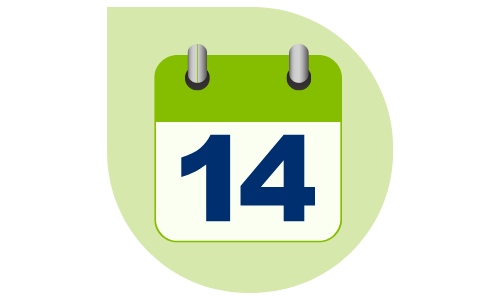
During Brain Awareness Week 2024 we are hosting live webinars and sharing new resources about brain health & brain disorders. The topics for each day are listed below, with more details to come. Register now to stay up to date!
Day 1: Dementia Risk Factors & Brain Health [webinar]
Day 2: Concussion resources
Day 3: Cerebrovascular Health [webinar]
Day 4: Patient stories
Day 5: Migraine & Brain Health at Work
Experts & Speakers
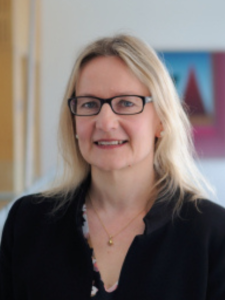 Scientia Professor Kaarin Jane Anstey, Neuroscience Research Australia (NeuRA)
Scientia Professor Kaarin Jane Anstey, Neuroscience Research Australia (NeuRA)
Scientia Professor Kaarin Anstey is a conjoint Senior Principal Research Scientist at Neuroscience Research Australia (NeuRA), Director of the UNSW Ageing Futures Institute and holds the position of ARC Laureate Fellow. Additionally, she serves as co-Deputy Director of the ARC Centre of Excellence in Population Ageing. Her research programs focus on cognitive and mental health resilience, and the consequences and prevention of cognitive ageing and dementia. She has developed risk assessment tools interventions to reduce risk of cognitive decline and dementia and conducted epidemiological and data synthesis projects. She has also been a member of global committees on brain health and cognitive decline, including her recent appointment to the World Dementia Council in December 2023.
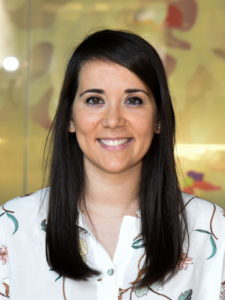 Dr Matilde Balbi, University of Queensland
Dr Matilde Balbi, University of Queensland
Dr Balbi is a neuroscientist within the Queensland Brain Institute, The University of Queensland. She studied medical biotechnology at the University of Naples, Italy, and went on to complete a PhD investigating the regulation of cerebral blood flow in health (ageing) and disease (small vessel disease and subarachnoid haemorrhage). She now leads a laboratory which aims to make an impact on the field of stroke recovery and other pathological conditions by combining imaging techniques, brain stimulation and individually tailored recovery paradigms in behaving rodents. Dr Balbi received a Brain Foundation research grant in 2023 to investigate a debilitating complication of aneurysm rupture called cerebral vasospasm.
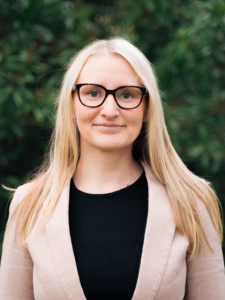 Dr Jennifer Makovec Knight, Monash University
Dr Jennifer Makovec Knight, Monash University
Dr Makovec Knight is a Clinical Neuropsychologist and early career researcher with published studies in partnership with the Turner Institute for Brain and Mental Health, the National Trauma Research Institute at Alfred Health, Monash University, and the Australian Football League. Since graduating in 2021, she has worked as a clinician in neurorehabilitation among adults with concussion and published works on the use of headgear as head injury prevention in youth Australian football. These projects have seen Dr Makovec Knight establish an interdisciplinary network of collaborators that have a shared aim of conducting cutting edge research on optimising the diagnosis, management and rehabilitation of traumatic brain injury.
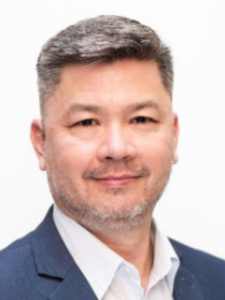 Dr Alan Pearce, La Trobe University
Dr Alan Pearce, La Trobe University
Dr Pearce is a Professor in the School of Allied Health at La Trobe University. He is a neurophysiologist whose primary research focus is on sports-related concussion. Specifically his research program, using electro physiological techniques, particularly transcranial magnetic stimulation, centres on brain physiology to measure cognitive and motor impairments in the acute phase post-concussion, and chronic manifestations of repeated concussions associated with mental health and neurological impairment. Dr Pearce is regarded internationally for his research work in sports-related concussion and is a regular media commentator on issues surrounding sports-related concussion.
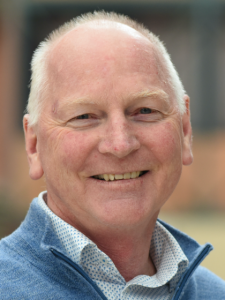 Professor Kevin Norton, University of South Australia
Professor Kevin Norton, University of South Australia
Kevin is a Professor of Exercise Science in the Division of Health and Human Performance at UniSA. His research focuses on the evolution of sports and performance, health risk factor assessments, concussion and injury risk in sport, and talent ID systems. Kevin has developed numerous educational and professional software programs for health, sport applications, and talent ID, and written more than 20 books and 200 scientific papers. He has had consultancies and contributed professionally over many years with governing sporting bodies including the AFL, NRL, European SL, IRB, FIFA and ARU focusing on game evolution, sport science applications, and game styles and injury interactions.
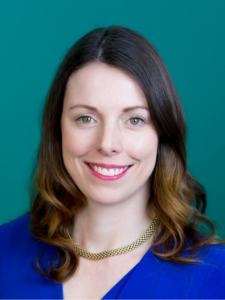 Dr Rowena Mobbs, Mater Hospital Sydney
Dr Rowena Mobbs, Mater Hospital Sydney
Dr Rowena Mobbs MBBS BMedSci(Hons1) PhD FRACP is a subspecialist in cognitive neurology and visiting medical office Mater Hospital Sydney. She is a leading clinician in concussion, posttraumatic migraine and chronic traumatic encephalopathy (CTE) with a patient-centred focus to improving chronic care in all forms of dementia. Rowena is highly committed to the integration of multidisciplinary approaches to management and research translation within teaching and mentoring programs. Dr Mobbs is founder of Concussion Connect group therapy program and the Concussion Big 5 signs of concussion recognition program, as she continues to advocate on the national stage for CTE prevention, care and management.
Get Involved
About the Brain Foundation
The Brain Foundation is a registered charity established in 1970 by neurologists and neurosurgeons. We are dedicated to funding the highest quality Australian research into neurological disorders, diseases, and injuries, with the ultimate goal of advancing diagnoses, treatments, and patient outcomes.
Our work involves:
- Our annual grants program. Read more about our funding process here.
- Raising awareness about the prevalence and impact of brain disorders, diseases & injuries.
- Educating patients & clinicians through webinar events and medically reviewed articles.
- Community support & advocacy (for migraine and headache particularly).
- Keeping our supporters up to date on the latest medical news through our newsletters & social media.
Our research grants receive no government funding, relying on the generosity of individuals, corporate donors and bequests. Your support will make a difference – now and for generations to come.
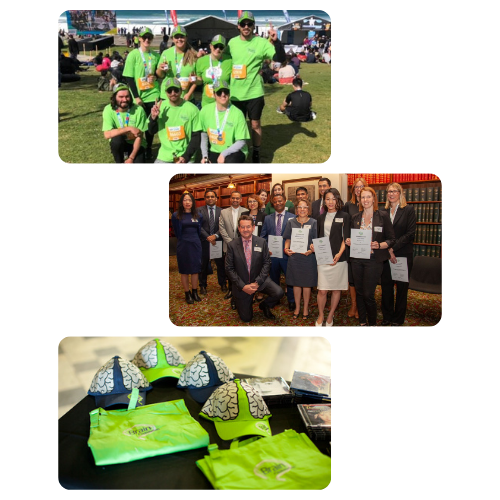
Frequently Asked Questions
Will there be any in-person events?
No, we are keeping all of our resources online this year.
How do I access the resources for Brain Awareness Week 2024?
Simply sign up to our newsletter and they will be sent to your inbox during the week.
Are there any live webinars?
Yes, we are hosting two live webinars this year. There will be time for Q&A with the experts after their presentation.
What can I do to support brain awareness in my community?
You can host a fundraiser, share information about the brain on social media (i.e. from our Facebook page), or simply have a conversation with a loved one about brain health. Contact us if you would like any help with setting up a fundraiser.



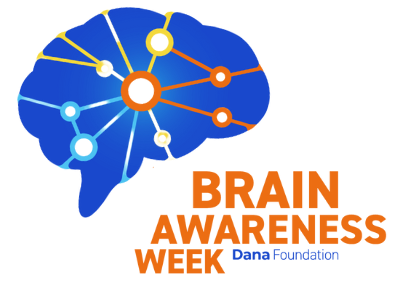
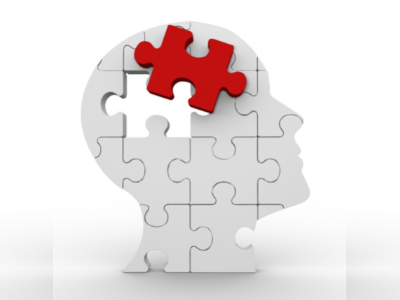
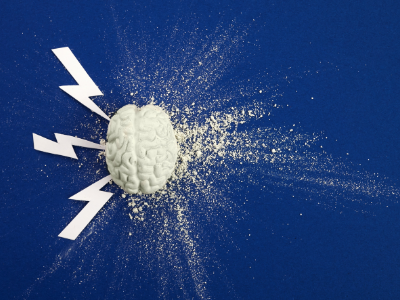


 The Brain Foundation is the largest, independent funder of brain and spinal injury research in Australia. We believe research is the pathway to recovery.
The Brain Foundation is the largest, independent funder of brain and spinal injury research in Australia. We believe research is the pathway to recovery.